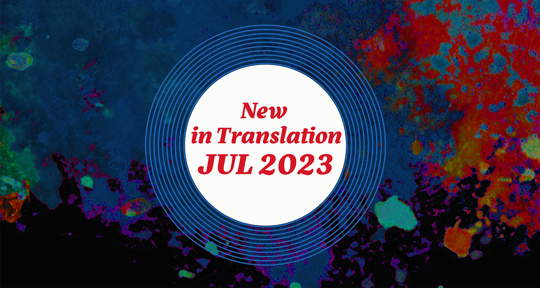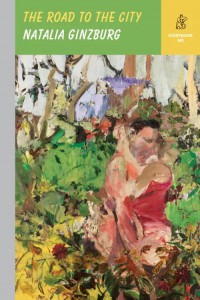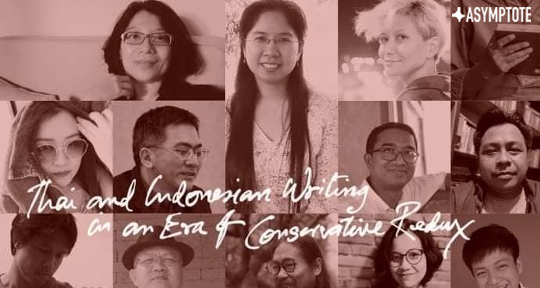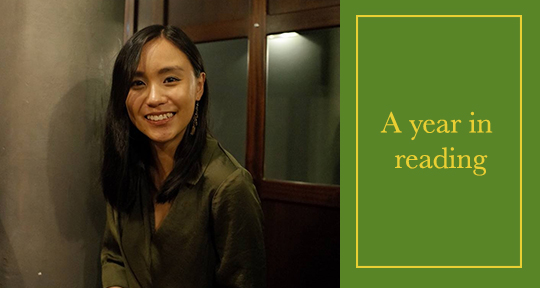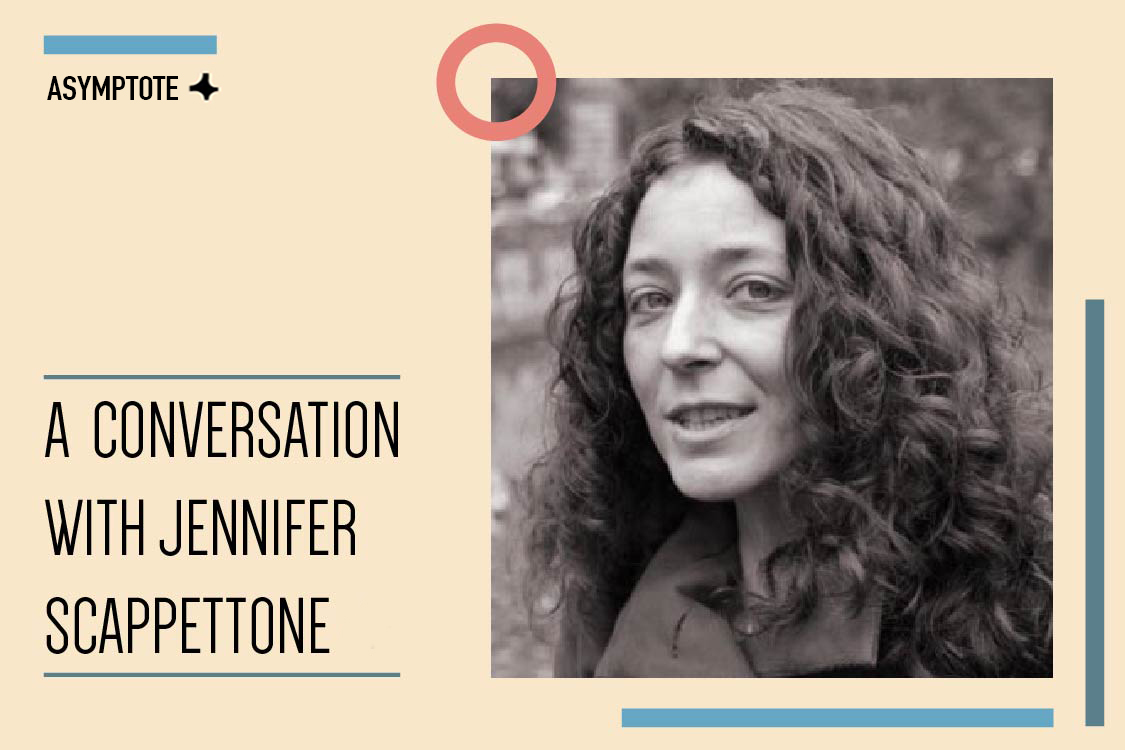A Muzzle for Witches by Dubravka Ugrešić, translated from the Croatian by Ellen Elias-Bursać, Open Letter, 2024
For thirty years, Dubravka Ugrešić lived in self-imposed exile as a cultural dissident and an enduring critic, challenging the prevailing orthodoxies that fueled anti-intellectualism, oppression, inequality, and nationalism. Her prolific writing—including both fiction and essays—took on topics ranging from the rise of virtual fandoms and the wars of Yugoslav dissolution, to cultural nostalgia and the state of the publishing industry.
A Muzzle for Witches, released this year by her longtime American publisher Open Letter, was Ugrešić’s final book before her death in March 2023. Translated from the Croatian by Ellen Elias-Bursać (the preeminent translator into English of Bosnian, Serbian, and Croatian authors, including David Albahari, Ivana Bodrožić, Slavenka Drakulić, Daša Drndić, and Robert Perišić), the book is a highly polished transcript of an interview between Ugrešić and literary critic Merima Omeragić.
The book is divided into seven sections, throughout which Ugrešić expounds upon many of the key themes and ideas she addressed in her life’s work. Loosely guided by Omeragić’s brief questions, she focuses on three subjects that are her greatest concerns: the resurgence of Croatian nationalism after the breakup of Yugoslavia; the marginalization of women’s voices, particularly in literature; and the dubious future of contemporary literature itself. Cumulatively, these three areas—in no small part responsible for her extended exile—suggest a grim outlook for the future.




